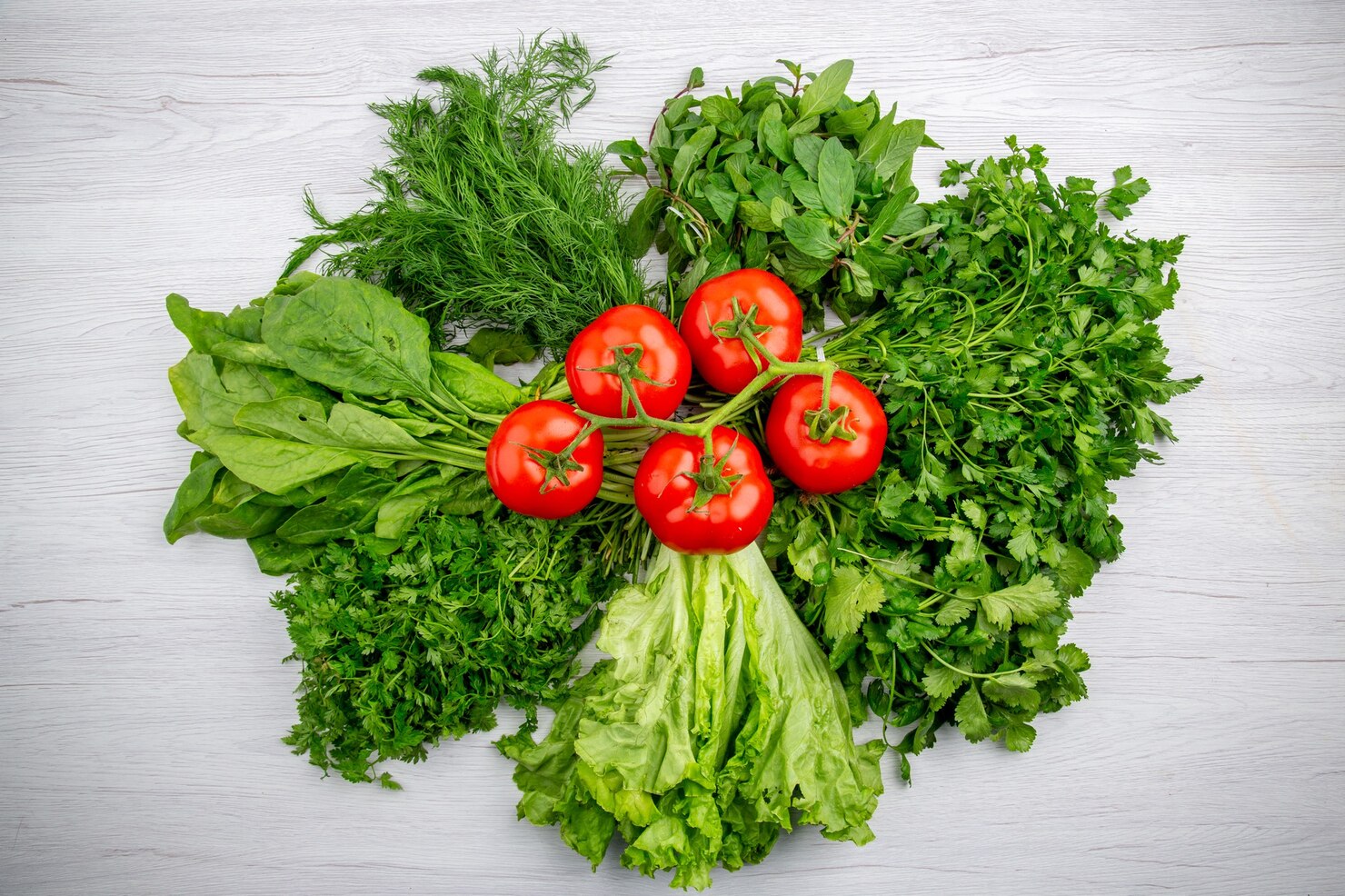5 best vegetables to remove excess moisture from the body
Vegetables occupy an important place in the human diet and act as a source of valuable nutrients – vitamins and minerals, fiber, starch, and protein. Nutritionists advise increasing their share in the menu when striving for a slim physique, and I must say, it really works.
Carrot
Carrot is a biennial herbaceous plant of the celery family, up to 30 cm high. The leaves are long-petiolate, twice and thrice pinnately dissected. Petioles are pubescent. In the 1st year of life it forms a root crop. Blooms in the 2nd year. The flowers are collected in a complex umbrella. The carrot fruit is a two-seeded fruit.
Carrots are a healthy vegetable that all gardeners cultivate. Most of all, of course, its edible roots are valued. They are very rich in vitamin A.

Cabbage
Cabbage is a very filling vegetable, so it can be eaten as a separate dish, either raw or stewed. A surprising fact is that cabbage has negative calories. This means that after eating a portion of cabbage, a person will need more energy to digest it than he will receive in the end.

Broccoli
Broccoli is an annual vegetable plant of the cabbage family. The most common variety has dark green heads of densely collected inflorescences and thick juicy stalks. Broccoli is an excellent dietary product for the prevention and treatment of cancer, cardiovascular diseases, nervous disorders, gastrointestinal diseases, metabolic disorders, and gout.

Spinach
Spinach is an annual herbaceous vegetable plant from the goosefoot family. Grows up to 35-40 cm. Small greenish flowers appear in June. The fruits resemble oval nuts. Spinach is prized for its high protein content in its leaves. Only unripe peas and beans contain more protein than spinach. Regular consumption of spinach leaves inhibits the development of malignant tumors. Therefore, recently it has been used in the treatment of radiation sickness. Popeye the Sailor in the cartoon of the same name was endowed with great strength after eating this amazing product.

Celery
Celery contains a lot of potassium, phosphorus, calcium and magnesium. The beneficial properties of celery are that it is useful for cardiovascular diseases, strengthening the walls of blood vessels. It is also recommended to be included in the diet of those who have problems with the gastrointestinal tract.
In conclusion, we say that scientists and nutritionists around the world recommend eating more vegetables. On average, people who eat a lot of vegetables are healthy and live healthy lives.

Incorporating hydrating vegetables into your diet is an effective way to flush out excess moisture from the body, promoting balance and vitality. These vegetables are rich in water content and essential nutrients, offering a natural solution to maintaining optimal hydration levels.



